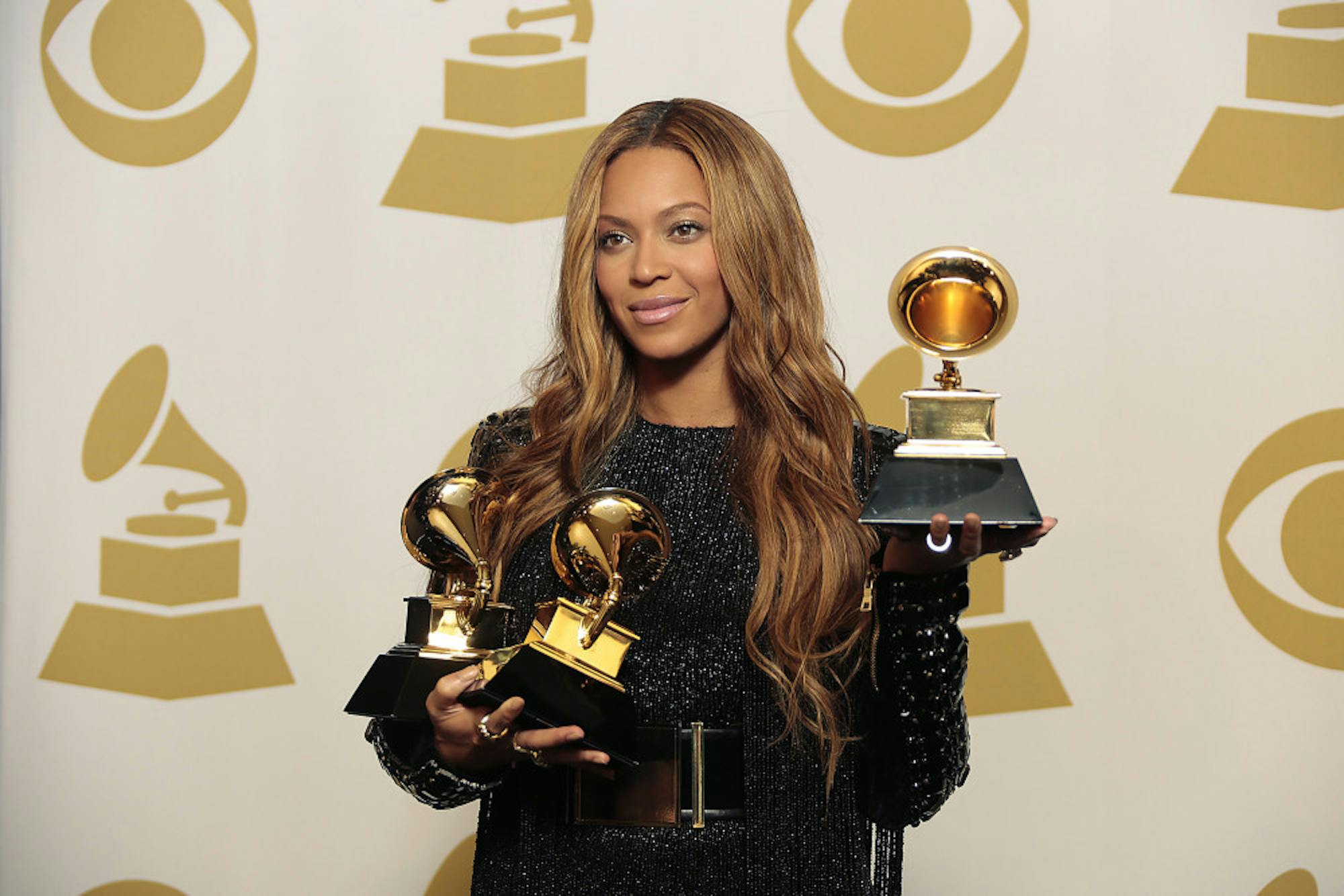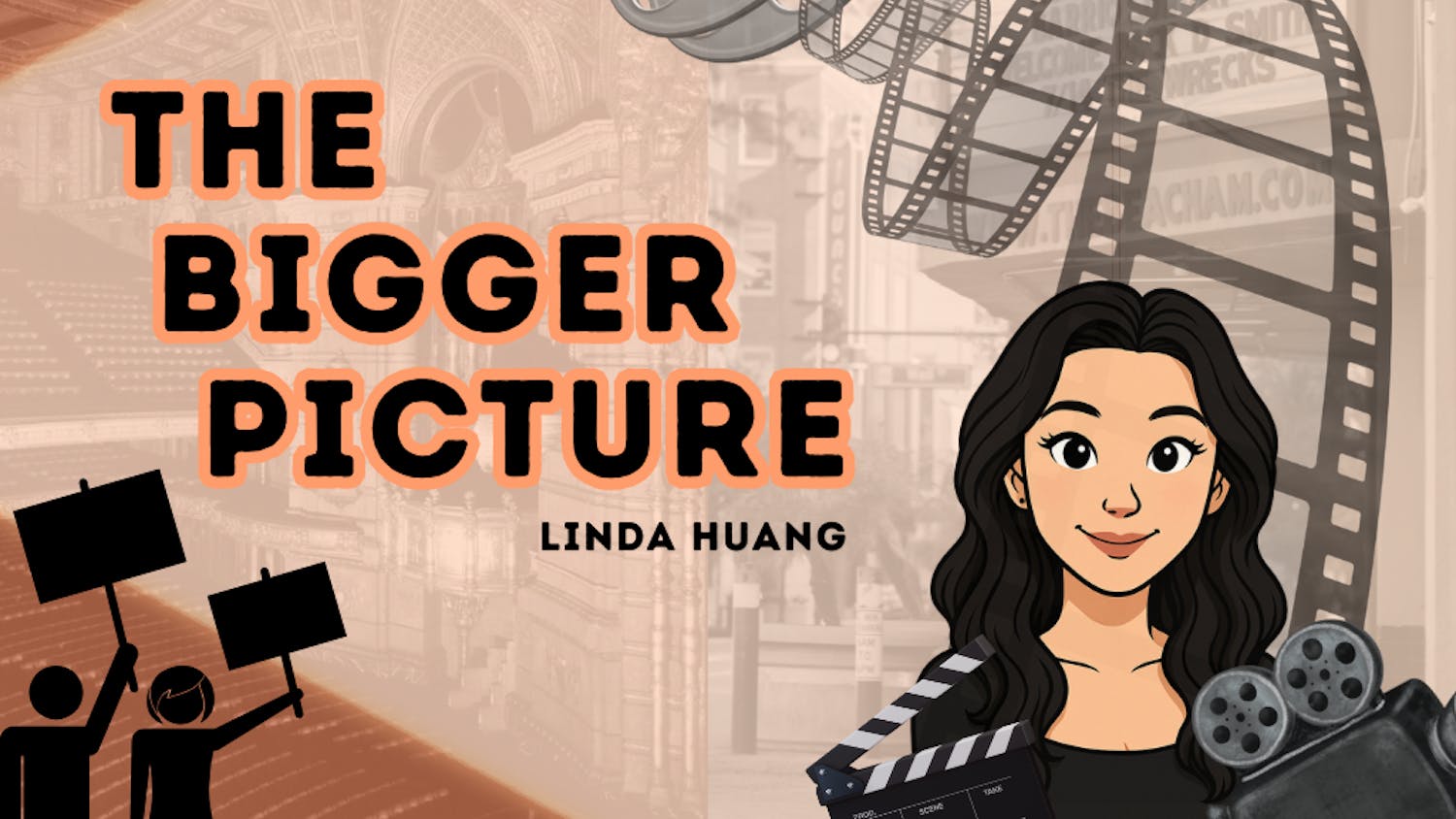“What happened after New Orleans?” asks the voice of the late Anthony Barre, better known as Messy Mya, over the intro to Beyoncé’s new surprise single, “Formation” (2016). Barre, a black comedian, rapper and social media celebrity who was killed at the age of 22 in November 2010, isn’t really asking us so much as demanding an answer. The use of Barre’s distinctive raspy voice, paired with the image of Beyoncé crouching on a sinking police car in the single’s accompanying music video in reference to Hurricane Katrina, marks the beginning of a powerful declaration from the artist: if blackness is political, then I’m political.
What happened after New Orleans? Continued systemic inequality, police brutality and the rise of the Black Lives Matter movement. With the “Formation” music video, Beyoncé alludes to these aspects of a national black struggle, attempting to break down the walls between performance, artistry and activism. From shots of a young black boy breakdancing in front of an armed SWAT team to a white wall emblazoned with spray paint that reads “Stop shooting us,” the imagery clearly speaks to issues that Beyoncé herself has never before directly addressed in her music.
“Formation,” which dropped last Saturday afternoon, isn’t just political because of its video’s heavy allusions to many facets of the historical black struggle in the United States. “Formation” is political because of its unapologetic celebration of black Southern pride and black womanhood. The lyrics of the celebratory dance track reference Beyoncé’s Southern roots (“My daddy Alabama, Momma Louisiana”) and various Southern food proclivities, including the caption-worthy nasal drawl of “I got hot sauce in my bag, swag.”
In the song’s music video, Beyoncé sings, “I like my baby hair, with baby hair and Afros / I like my Negro nose with Jackson Five nostrils,” over the image of a smiling Blue Ivy Carter in a white dress and natural Afro. This affirmation of black beauty and femininity is repeated throughout and supported by Beyoncé’s large ensemble of natural-haired black female dancers, who accompanied the multi-platinum singer during her Super Bowl halftime show performance of the song this past Sunday.
Although “Formation” is Beyoncé’s first new song in over a year, the Mike Will Made It-produced single is in many ways a natural extension of the direction the singer was headed with her trap-inspired “7/11” in 2014. Both tracks contain hip-hop production layered over twangy, bouncing beats with Beyoncé rap-singing in her husky drawl. Unlike the energetic levity of “7/11” and it’s accompanying hand-held music video, however, “Formation” burns slowly, building upon bass and trap beats towards its “Okay ladies, now let’s get in formation” conclusion. The song is strong, sexy and infectiously catchy.
These musical qualities and hip-hop influences are clearly tied to the single’s themes of black female pride and the video’s focus on touchstones of Southern black culture, ranging from marching bands and Mardi Gras dancers to beauty supply wig shops and black basketball teams. Outfitted in custom Gucci bodysuits and dresses, Beyoncé and her female crew also appear to take control of a “Southern Gothic” plantation house for much of the video, dancing through its corridors and sitting on its front porch steps, flanked by men in coattails. This reclamation of power in a space historically used to diminish black women is arguably the video's strongest image.
In her Super Bowl halftime performance alongside Bruno Mars, Mark Ronson and headliner Coldplay, Beyoncé premiered “Formation” for live television and subsequently announced her 40-date Formation World Tour in her commercial. Although her dancers were outfitted in black leather uniforms and berets that may have alluded to the Black Panther Party of the 1960s, the politics of her live performance didn't resonate as deeply as that of her music video, as it was undermined by the more commercial requirements of the venue. After a faux dance battle with Bruno Mars, Beyoncé locked arms with Coldplay’s Chris Martin and sang a remix of Coldplay’s “Up&Up” over a forced-nostalgia montage of previous Super Bowl halftime performances. The whole thing felt more like “We Are the World” or the opening ceremony of the Olympics than a Beyoncé performance the day after dropping a politically charged single, but even Queen Bey has to pay the bills.
Poignantly, the “Formation” release coincided not only with Black History Month and Mardi Gras, but also with what would have been the late Trayvon Martin’s 21st birthday on Feb. 5. Although the backlash due to accusations of cultural appropriation by Beyoncé in Coldplay’s recent “Hymn for the Weekend” music video may also have something to do with the timing of the “Formation’s” release, the political intentions of the song are surely deliberate. Beyoncé’s black Southern identity is front and center, and it’s here to slay.
"Formation" is available to stream and download for free exclusively through Tidal.
Beyoncé celebrates her black Southern roots with 'Formation'

Beyoncé backstage at the 57th Annual Grammy Awards at Staples Center in Los Angeles on Sunday, Feb. 8, 2015.





